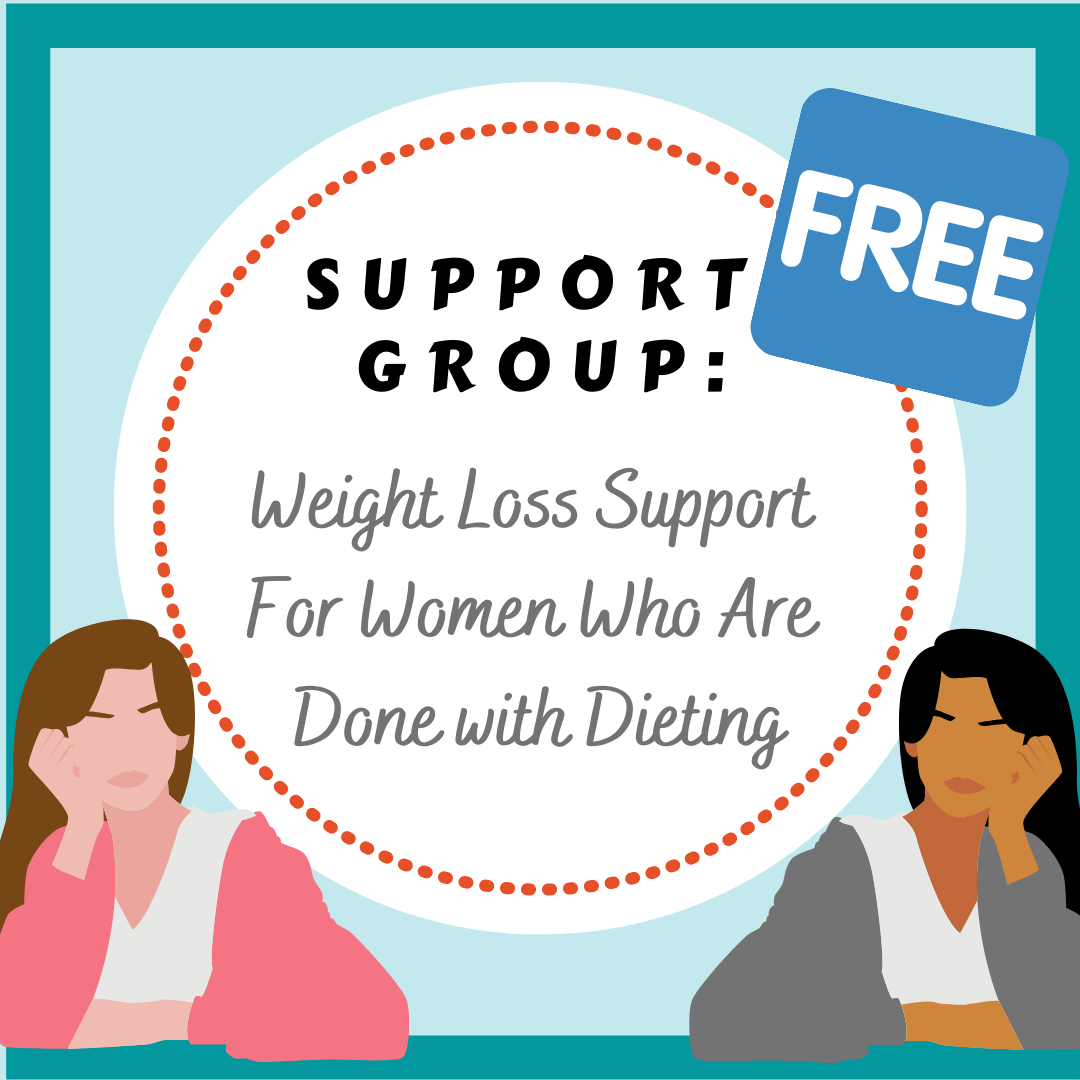 Many of my clients have been inquiring about incorporating some vegetarian meals into their daily plan. This way of eating is becoming more popular and for good reason(s). A healthy vegetarian diet is alkalizing for your body, which basically means that it boosts your immune function, helps detoxify your body, and prevents major diseases. Another perk is that vegetarian meals are usually a fair bit cheaper.
Many of my clients have been inquiring about incorporating some vegetarian meals into their daily plan. This way of eating is becoming more popular and for good reason(s). A healthy vegetarian diet is alkalizing for your body, which basically means that it boosts your immune function, helps detoxify your body, and prevents major diseases. Another perk is that vegetarian meals are usually a fair bit cheaper.
The Most Common Concern about a Vegetarian Diet…Enough Protein?
When transitioning to a vegetarian diet, many people worry about getting sufficient protein. As a Registered Dietitian, I assess clients’ protein needs all the time. I have found that the average person needs approximately 10-12 ounces (70-84 grams) of protein a day, which is easy to meet with a varied vegetarian diet. People of large stature or who are very active, may have slightly higher needs but you may be surprised that it is not much more than my initial estimate.
Balance a Vegetarian Meal Properly
On average, I aim for my clients to balance their vegetarian meals properly to achieve a complete protein with all essential amino acids. Strive for this combination: beans or vegetables + whole grain or nuts/seeds = complete protein. This is hard to achieve at all meals, so realistically it is more essential to eat a varied diet of these healthy foods throughout the day.
Bottomline:
It’s a healthy move to incorporate some vegetarian meals into your diet. Don’t stress about meeting a high protein level or balancing perfectly. Instead, eat lots of vegetables and other healthy foods (beans, whole grains, nuts, and seeds) throughout your day. Utilize my non-meat protein list to help incorporate a variety of healthy foods that are naturally high in protein. Also, check out my nutrition workbook, Nutrition Simplified – it contains tons of well balanced vegetarian meal and snack ideas.
NON-MEAT PROTEIN SOURCES:
Note: Many of these values are averages and use this formula for protein calculations (7 grams = 1 ounce). My food choices below and portion sizes are taken from my Nutrition Workbook and Resource Guide.
Foods with Complete Protein (all essential amino acids)
- Greek yogurt, 1 cup: 20 grams
- Soybeans/Edamame, ½ cup cooked: 14 grams (make sure to buy organic for all soy products)
- Tofu, ¾ cup: 12 grams (make sure to buy organic for all soy products)
- Yogurt, 1 cup: 10 grams
- Hempseeds, 2 Tbsp: 11 grams
- Parmesan/Romano, 1 oz: 10 grams (eat cheese in moderation)
- Cheese, 1 oz (3 dominos): 7 grams (eat cheese in moderation)
- Egg, 1 large: 6 grams protein
- Quinoa, ½ cup: 4 grams
- Flax seeds, 2 Tbsp: 4 grams
- Flax meal, 2 Tbsp: 3 grams
Foods without all Essential Amino Acids
- Beans, ½ cup cooked: 8 grams
- Peanut butter, 2 Tbsp: 8 grams
- Nuts/Seeds, ¼ cup: 8 grams (peanuts, almonds, pistachios, and pumpkin seeds contain the most protein)
- Almond meal, ¼ cup: 6 grams
- Peas, 2/3 cup: 6 grams
- Oatmeal, ¾ cup: 5 grams
- Spinach, 1 cup: 5 grams
- Broccoli, 1 cup: 4 grams
- Brown rice, ½ cup: 3 grams
- Potato, ½ medium: 3 grams
Yummy Vegetarian Recipe: Vegetable Coconut Curry
















Leave a Reply